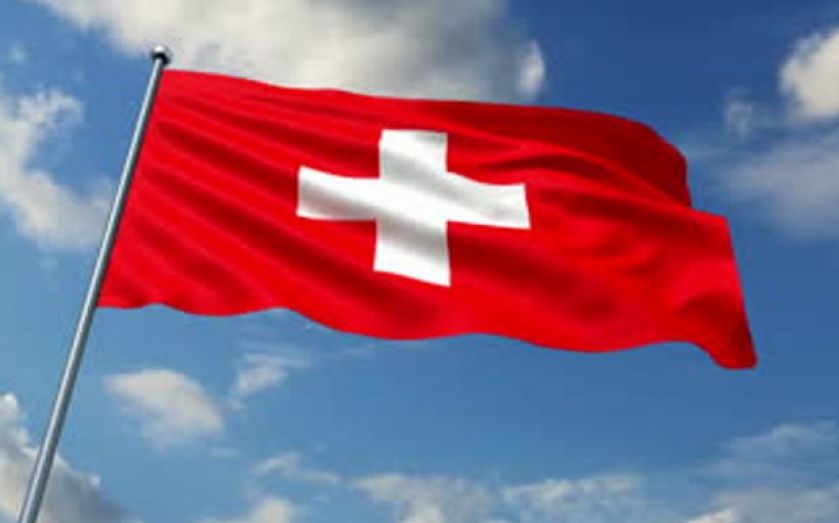Swiss voters reject plans to hoard gold, curb immigration and scrap rich expats’ tax benefits

Swiss voters have rejected proposals requiring the central bank to to hoard huge amounts of gold, in a move that will help ensure the country's economic stability.
It failed to secure the so-called "cantonal majority" — which is a yes vote from most of the country's "cantons" or states — needed to pass, according to data from Swiss broadcaster SRF.
This was one of three polls, with Swiss citizens also voting on immigration caps and tax benefits for wealthy foreigners.
"Save our Swiss Gold"
The "Save our Swiss Gold" initiative would have forced the Swiss National Bank (SNB) to increase its gold reserves by around 12 per cent to 20 per cent. It would have also prevented the bank from selling any of the gold it currently holds.
A "Yes" vote would have buoyed demand for the yellow metal and temporarily boosted prices worldwide. However, analysts predict that the "No" will have a limited impact on the market.
Proponents of the measure argued that the central bank had sold off too much gold in the past. However, the Swiss National Bank (SNB) said it threatened economic stability, by reducing the bank's ability to control monetary policy.
"Ecopop referendum"
The "Ecopop referendum", which derived its name from the country's 40-year-old Ecopop movement, was also rejected.
The measure would have required the government to cut immigration to 0.2 per cent of the resident population. It also sought to devote a hefty chunk of foreign aid to reducing population growth in developing countries.
Supporters said that the curb would ease environmental strains caused by a growing population. This includes increased demand for infrastructure projects such as transport and housing.
However, opponents argued that it would hurt businesses by prevent them from recruiting talented candidates across the Europe and also put them at loggerheads with the EU's freedom of movement provisions.
Tax perks
A third set of proposals, seeking to scrap Switzerland's flat tax rate which is one of the biggest tax perks for rich expatriates, was also rejected.
Switzerland currently charges rich expats with no gainful activity in the country a lump sum based on their living expenses, as opposed to a system which uses assets or income.
This tax privilege is instrumental in attracting wealthy foreigners such as Swede Ingvar Kamprad, founder of the global home furnishings giant Ikea.
Direct democracy
These issues make it to Switzerland's national polls because of direct democracy.
One element of this system lets people create petitions to force votes on matters of social, economic and political interest, providing they can get enough signatures.
In the past this has spawned other wacky referendums, and a proposals that could have created the world's highest minimum wage was rejected back in May.
Last year Swiss voters rejected the 1:12 initiative, which would have required companies to cap the salaries of their top executives at 12 times that of the firm's lowest paid employee.